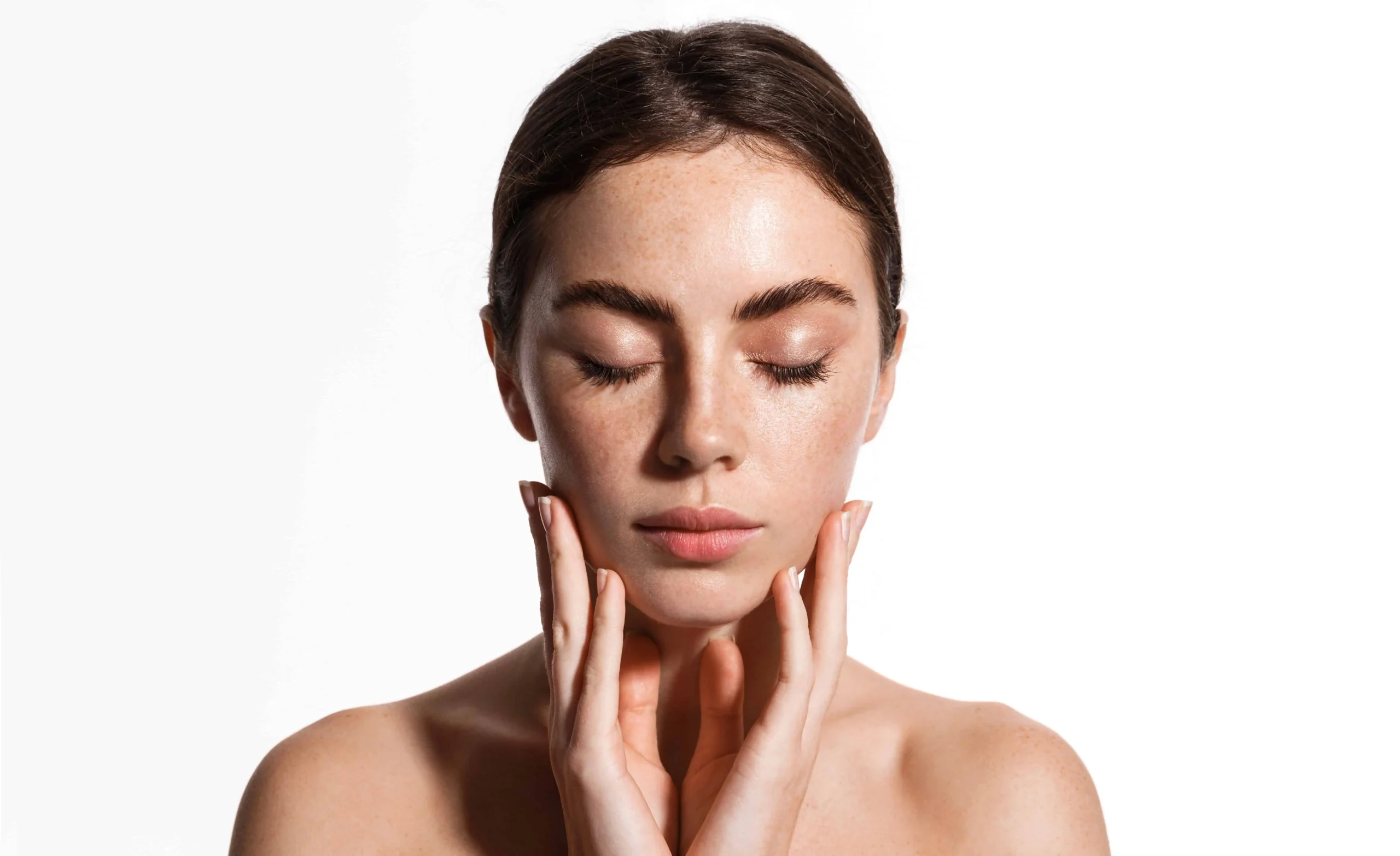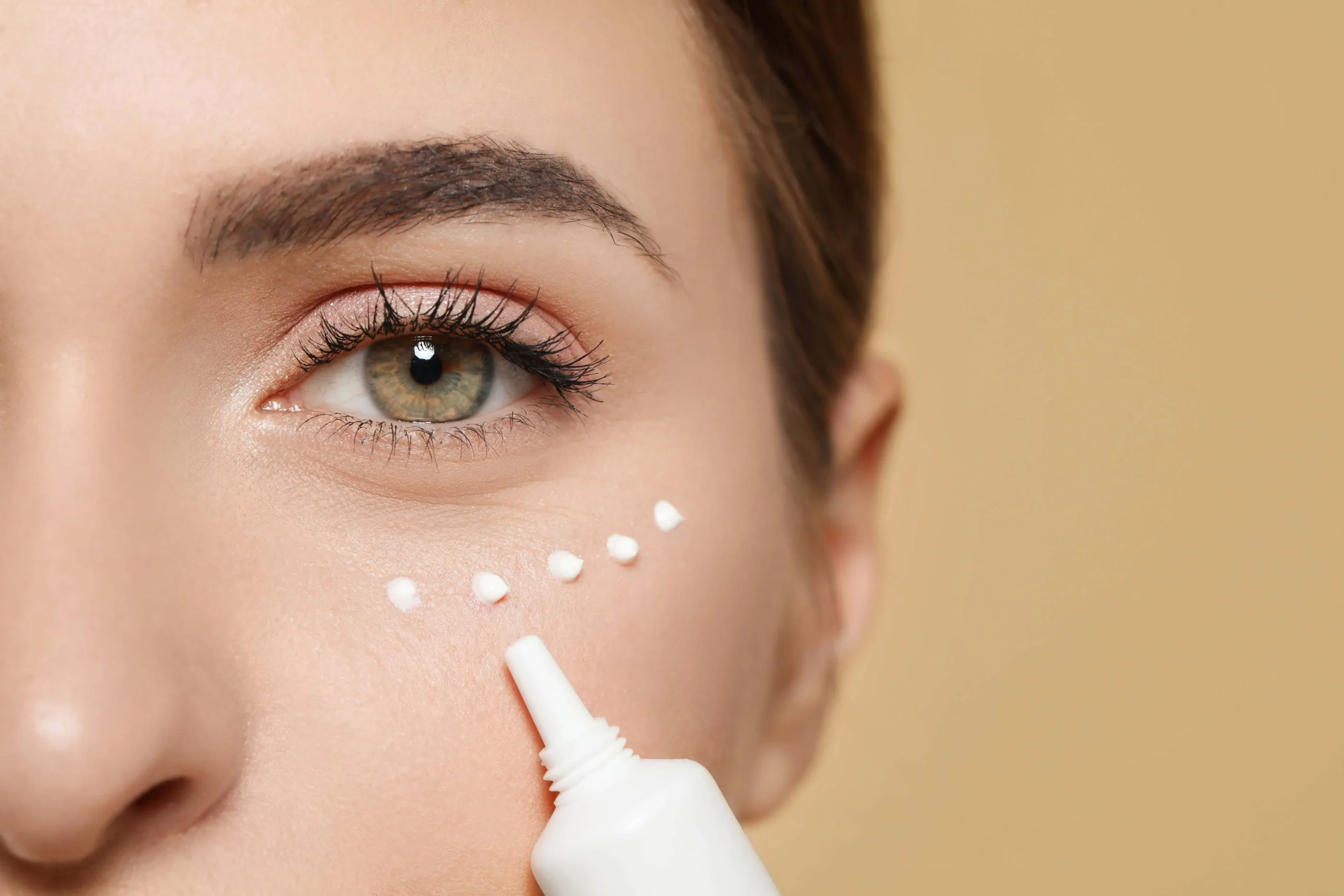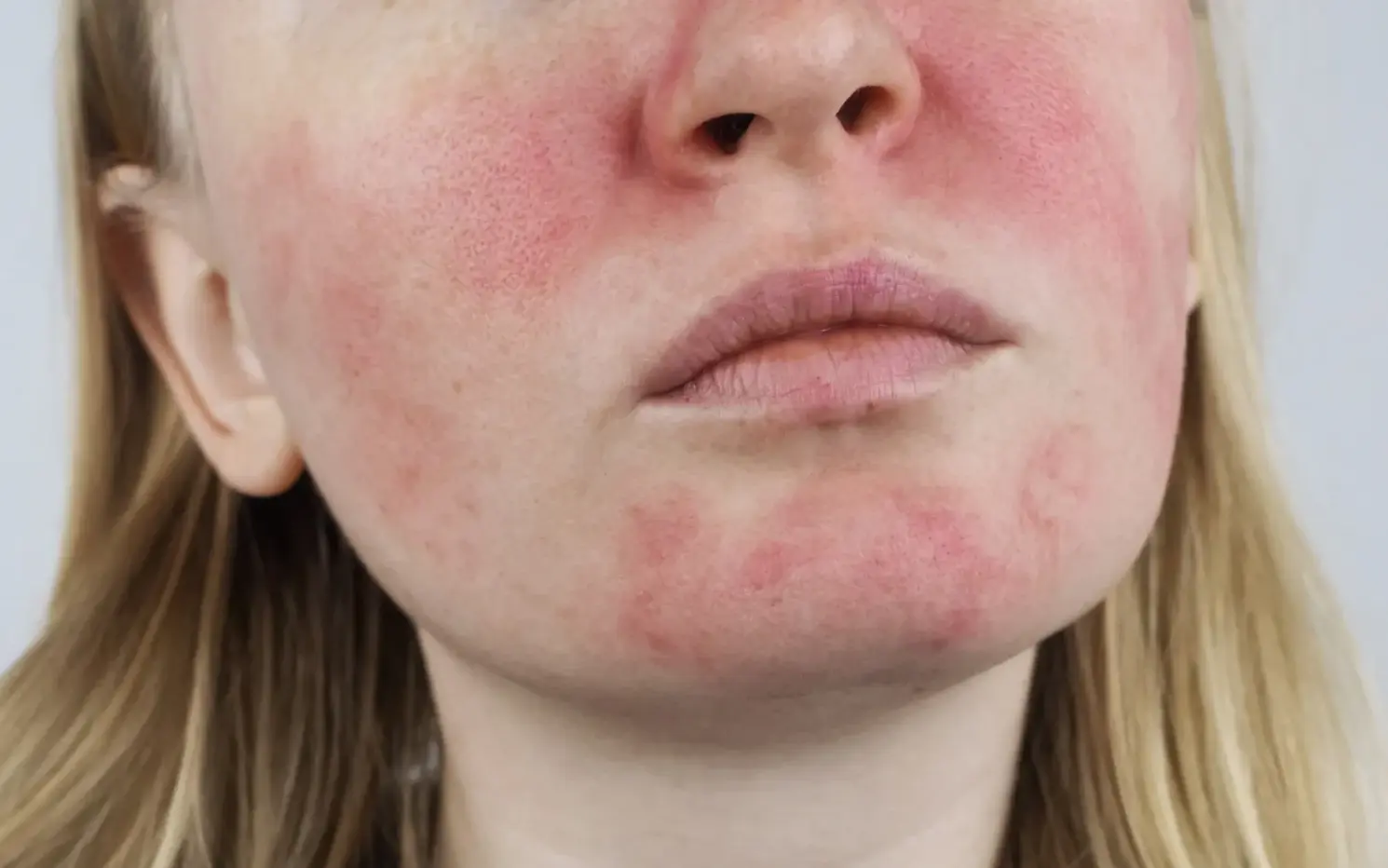Table of Contents
Hydrating your skin effectively is important for a healthy and luminous complexion. But how do you really know if your skin is getting the moisture it needs? That’s where skin hydration tests come in. These tests measure how well your skin retains moisture and can help you figure out whether your skincare routine is working. Here’s a look at what skin hydration tests are, how they work, and why they might be worth incorporating into your skincare routine.
What Are Skin Hydration Tests?
Skin hydration tests are designed to measure the moisture levels in your skin. They can vary from simple at-home methods to more advanced professional tests. The goal is to understand how well your skin is staying hydrated and if your current skincare products and habits are effective.
Types of Skin Hydration Tests
- Corneometer Testing: One popular method uses a corneometer, a small device that measures the moisture content of your skin’s outer layer. It works by sending a tiny electrical current into the skin and measuring how much of that current returns. The result gives a good indication of how hydrated your skin is.
- TEWL Measurement: TEWL stands for Transepidermal Water Loss. This test measures how much water evaporates from your skin. If your skin is losing too much water, it might be a sign that your skin barrier is compromised. This test is done with a Tewameter, which creates a controlled environment to measure water loss.
- Skin Hydration Meters: These are handheld devices that can measure skin hydration through various techniques. They offer immediate feedback on how hydrated your skin is, which can be useful for both personal care and professional assessments.
- Patch Testing: This involves applying a hydrating product to a small area of your skin and then measuring how much moisture is retained over time. It helps evaluate how well specific products or ingredients are improving your skin’s hydration.
Why Skin Hydration Tests Are Useful
- Personalize Your Skincare Routine: Understanding your skin’s hydration levels helps you choose products that best meet your needs. For instance, if your skin is on the dry side, you might need richer moisturizers or products with hydrating ingredients like hyaluronic acid.
- Track Your Skin’s Health: Regular hydration tests can help you keep an eye on changes in your skin’s moisture levels. This is particularly important if you have conditions like eczema or psoriasis, where hydration is crucial for managing symptoms.
- Evaluate Product Effectiveness: If you’re trying out new skincare products, hydration tests can show whether they’re making a difference. This can help you make informed decisions about which products to keep using.
- Get Customized Recommendations: With specific hydration data, providers or skincare professionals can give you tailored advice. Instead of broad suggestions, you get recommendations based on your skin’s actual moisture levels.
How to Use Skin Hydration Test Results
- Adjust Your Products: If your skin tests show low moisture levels, consider switching to more hydrating products. Look for moisturizers that contain ingredients like glycerin, ceramides, or hyaluronic acid, which help draw in and hold moisture.
- Modify Your Routine: If your skin is losing moisture quickly (high TEWL), you might need to tweak your skincare routine. This could involve using richer moisturizers or products designed to repair your skin barrier.
- Consider Environmental Factors: Sometimes, environmental factors like dry air or excessive air conditioning can affect your skin’s hydration. If tests show low moisture levels, think about using a humidifier or adjusting your environment.
- Seek Professional Advice: If you consistently get low hydration readings or notice fluctuating moisture levels, it might be worth talking to a provider. They can provide more detailed insights and suggest treatments or adjustments to your routine.
In Conclusion
Skin hydration tests offer a clear picture of how well your skin is retaining moisture. By incorporating these tests into your skincare routine, you can make more informed decisions about your products and practices. Whether you’re using professional devices or simple
at-home methods, understanding your skin’s hydration can help you maintain a healthy, well-moisturized complexion.





